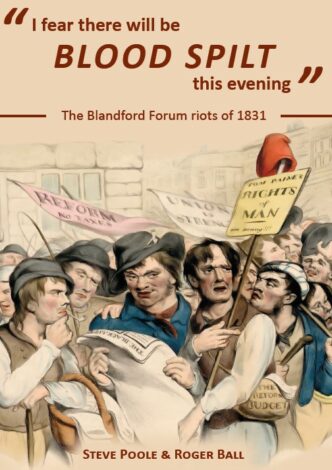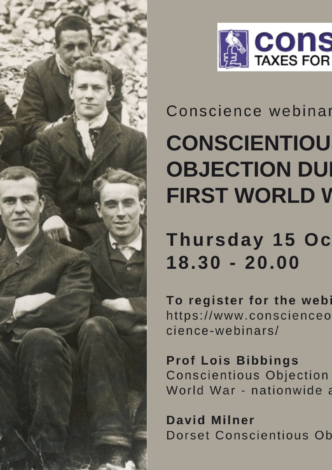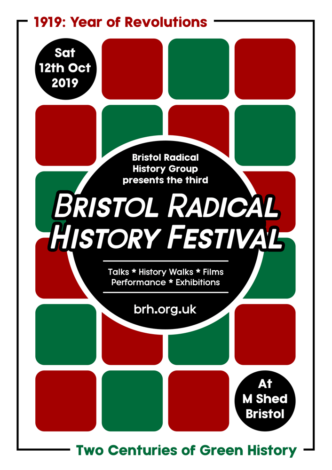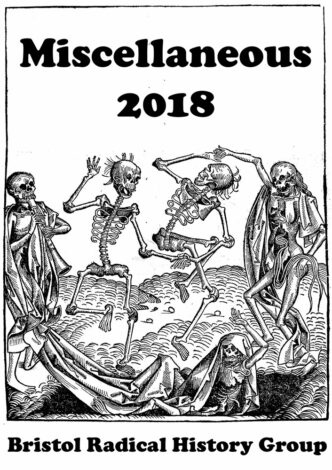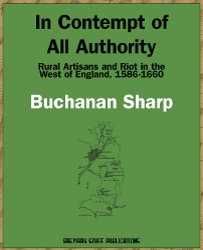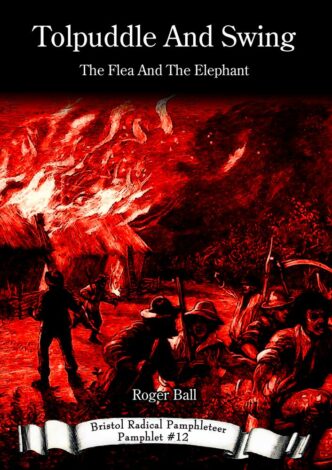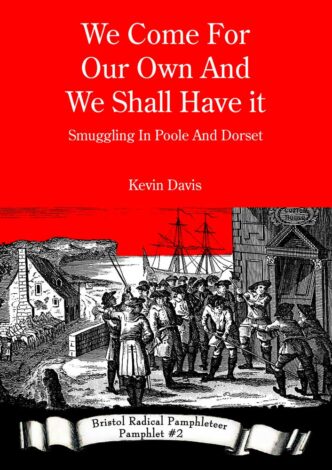‘I fear there will be blood spilt this evening’: The Blandford Forum riots of 1831
In October 1831, the refusal of the House of Lords to pass new legislation for the reform of parliament plunged the whole country into a deep political crisis. Rioting broke out in a number of towns, leaving local authorities hard pressed to restore order. One such town was Blandford Forum in Dorset. Here, protesting crowds attacked the property of anti-reformers, defied the orders of local magistrates to disperse, and fought with an armed cavalry regiment sent out to tackle them. In the […]


